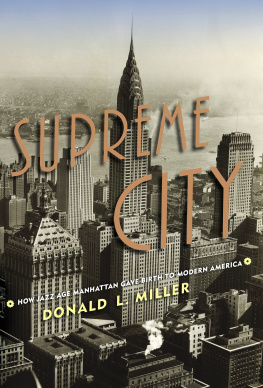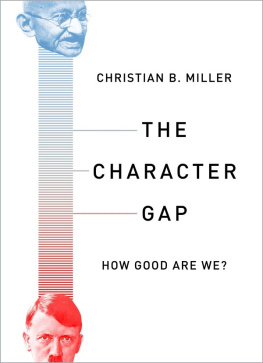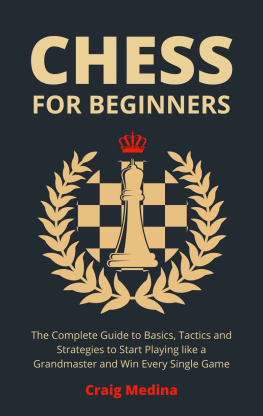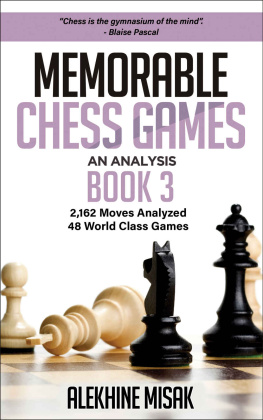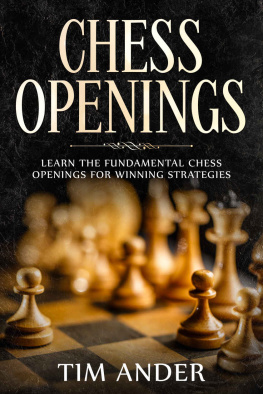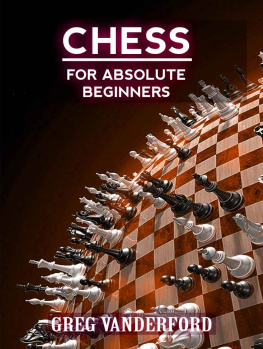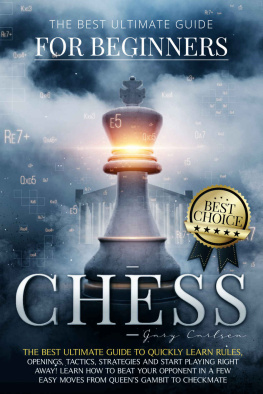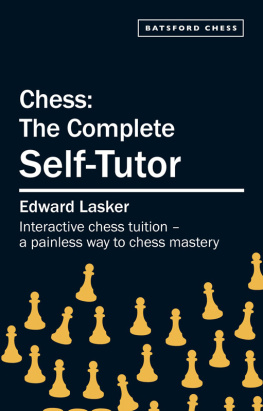CHESS NOT CHECKERS
Other books by the author:
The Heart of Leadership
The Secret of Teams
The Secret with Ken Blanchard
Great Leaders Grow with Ken Blanchard
Field Guides:
Chess Not Checkers
The Heart of Leadership
The Secret of Teams
CHESS NOT CHECKERS

ELEVATE YOUR LEADERSHIP GAME

MARK MILLER

Chess Not Checkers
Copyright 2015 by Mark Miller
All rights reserved. No part of this publication may be reproduced, distributed, or transmitted in any form or by any means, including photocopying, recording, or other electronic or mechanical methods, without the prior written permission of the publisher, except in the case of brief quotations embodied in critical reviews and certain other noncommercial uses permitted by copyright law. For permission requests, write to the publisher, addressed Attention: Permissions Coordinator, at the address below.

| Berrett-Koehler Publishers, Inc.
1333 Broadway, Suite 1000
Oakland, CA 94612-1921
Tel: (510) 817-2277, Fax: (510) 817-2278
www.bkconnection.com |
Ordering information for print editions
Quantity sales. Special discounts are available on quantity purchases by corporations, associations, and others. For details, contact the Special Sales Department at the Berrett-Koehler address above.
Individual sales. Berrett-Koehler publications are available through most bookstores. They can also be ordered directly from Berrett-Koehler: Tel: (800) 929-2929; Fax: (802) 864-7626; www.bkconnection.com
Orders for college textbook/course adoption use. Please contact Berrett-Koehler: Tel: (800) 929-2929; Fax: (802) 864-7626.
Orders by U.S. trade bookstores and wholesalers. Please contact Ingram Publisher Services, Tel: (800) 509-4887; Fax: (800) 838-1149; E-mail: /Ordering for details about electronic ordering.
Berrett-Koehler and the BK logo are registered trademarks of Berrett-Koehler Publishers, Inc.
First Edition
Hardcover print edition ISBN 978-1-62656-394-0
PDF e-book ISBN 978-1-62656-395-7
IDPF e-book ISBN 978-1-62656-396-4
2015-1
Production Management: Michael Bass Associates
Cover Design: Irene Morris
Chess Piece: TheChessStore.com
This book is dedicated to Truett Cathy.
It was my privilege to watch and learn from
him for almost four decades as he created
his own high performance organization.
Contents
Introduction
Leading has never been easy. From our first experiment trying to get our classmates to follow us or receiving our first official assignment at work, leadership has always demanded our best effort. That hasnt changedbut something else has: the complexity of the problems we face and the organizations we lead has increased exponentially.
Perhaps this complexity finds its energy in the scope of your enterprise, or it may merely be a function of increased volume. These are great problems to have if leaders can orchestrate an appropriate response.
Unfortunately, for many leaders, our past successes just dont translate. The game has literally changed before our eyes. The methods that worked extremely well in the past no longer have the same effect. In many cases, the tried and true has become the tired and tarnished.
Most of us began our leadership journey utilizing an approach with striking similarities to the game of checkers, a fun, highly reactionary game often played at a frantic pace. Any strategies we employed in this style of leadership were limited, if not rudimentary. The opportunities in our world for leaders to play checkers and be successful are dwindling.
The game today for most leaders can better be compared to chessa game in which strategy matters; a game in which individual pieces have unique abilities that drive unique contributions; a game in which heightened focus and a deeper level of thinking are required to win.
Although Chess Not Checkers provides a rich metaphor for leaders, it is much more than that. The game of chess contains four specific parallels that can inform and transform any organization seeking new levels of performance. Ive positioned each of these ideas as a move your organization can make to draw closer to your goals. Collectively, these moves can be your blueprint for sustained high performance.
I hope this simple story will resonate with you. The company Blake leads is not real, although the situations he faces are as relevant as todays news. Ive intentionally omitted details about his organization, leaving it largely nameless and faceless. Hopefully, this approach will make it easier for you to think about your own organization. Is it possible you may be playing checkers when the game is chess? If that is your situation, today can be the day you start learning a new game.
Its your move!
The Decision
If you miss the opportunity of a lifetime, do you ever get another one?
Blake wrote these words in his journal, put down his pen, and stared out the kitchen window. He had gotten up early; he couldnt sleep, anyway. His mind was racing as he reflected on his life and career up until this point.
The last decade had been a whirlwind. After his father died, Blake had invested five years trying to live up to his dads expectations. Jeff had always believed his son could lead. Blake had never been sure, but he pushed through his doubts and dedicated himself to learning the skills of leadership.
Blakes leadership journey had been frustrating. After learning to cast vision, build teams, get results, and more, he had been passed over for formal leadership positions. Confused by this turn of events, he reached out to his longtime mentor, Debbie Brewster. She helped him gain the greatest insight of his life thus far: If your heart is not right, no one cares about your skills.
This revelation led Blake to the next phase in his journey. Armed with the skills he had learned, he began working diligently to strengthen his leadership character. According to those closest to Blake, it was working. Blake was becoming a leader people wanted to follow.
Now, a decade into his career, he finally felt like he understood leadership. The men and women he worked with seemed to agree. There were rumors Blake might someday move into senior leadership. But still, Blake was skeptical about his future at Dynastar, and he had lingering doubts about his own leadership. If he had so much potential, why hadnt he already been given a position of leadership? All these thoughts made Blakes current decision even more difficult.
The options were clear: stay at Dynastar with the hope of a bright future, or take an offer to be the CEO of a small business in a nearby community.
Small was a relative term. The business had annual sales of several million dollars and employed more than fifty people. Blakes income would be more than he was currently making, but that was not what excited him. Based on what he had learned, he believed the business had tremendous untapped potential. He was convinced that in a few years, he could double the salesand profits. The upside opportunity was significant.
Next page


